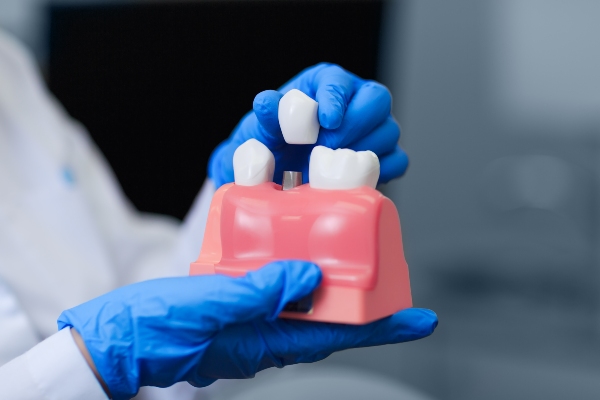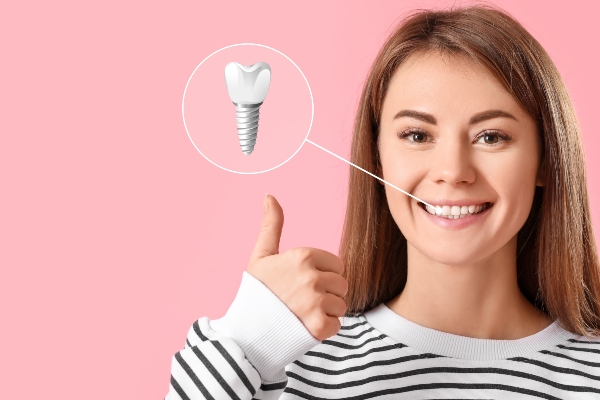The Signs and Symptoms of Sleep Apnea

Sleep apnea is one of those things you should never ignore. It is a severe sleep disorder that leads to a person's breathing repeatedly stopping and starting while sleeping. If you often feel tired after waking up or have been told you snore loudly when you sleep, there is a good chance you already have sleep apnea.
The most common types of sleep apnea include:
- Obstructive sleep apnea: It is caused by the muscles in the throat relaxing and blocking the airways during sleep
- Central sleep apnea: This is the result of the brain not sending the proper signals to the muscles that control breathing during sleep
- Complex sleep apnea: This condition occurs when a person has both central sleep apnea and obstructive sleep apnea
Symptoms of sleep apnea
The symptoms of central and obstructive sleep apnea often overlap, making it difficult to diagnose the type of sleep apnea a patient has, at times. The most common symptoms and signs include:
- Snoring
- Periods when breathing stops during sleep
- Gasping for air
- Morning headaches
- Dry mouth
- Irritability
- Feeling sleepy during the day
- Difficulty staying asleep
- Concentration issues
Those who experience any of these symptoms should stop by our Forest Hills office for a diagnosis.
Causes of sleep apnea
Let us take a look at what leads to the two main types of sleep apnea:
1. Obstructive sleep apnea
As was mentioned earlier, this condition stems from muscles in the back of the throat blocking airways. This prevents the person from getting enough air. The brain realizes what is going on, so it wakes the person up, to restore breathing. The period of awakening is so short; most people have no recollection of it. The restriction of the airways can also lead to choking, gasping or snorting during sleep. These things make it challenging to get good, restful sleep.
2. Central sleep apnea
This time, the breathing problems are caused by the brain failing to send the right signals to the muscles that control breathing. It leads to the same things, preventing deep, productive sleep. The most likely people to have sleep apnea include:
- Those who are overweight
- People with thicker necks
- Males are two to three times more likely to develop sleep apnea
- Smokers
- People who use alcohol or sedatives
- Those with heart disorders
- People recovering from a stoke
Treating sleep apnea
Doctors may refer patients with this disorder to a sleep diagnosis center. There the doctor will determine how to evaluate the patient. Home sleep tests or nocturnal polysomnography can be used to monitor the patient's sleep patterns. Treatment options for those diagnosed with sleep apnea include:
- Lifestyle changes like losing weight or lowering alcohol use
- Wearing a continuous positive airway pressure (CPAP) mask, which opens up the patient's airways with pressurized air
- Oral appliances like mouthguards can be used to open up the patient's airways while they sleep
- Surgery is also the last resort option
Get the treatment you need
Sleep apnea can leave you feeling drained during the day and lower your quality of life. Stop by for diagnosis and treatment today.
Let's get started…
Request an appointment here: https://metrosmiles.com or call Metro Smiles Dental at (718) 841-9591 for an appointment in our Forest Hills office.
Check out what others are saying about our services on Yelp: Read our Yelp reviews.
Recent Posts
Most people want to have dental implants right after dental extraction. Replacing the lost tooth is a priority. This can prevent more complications as the mouth heals. Understanding the process of getting implants after dental extraction can help prepare you for your appointment. Here are the details about getting dental implants after a dentist removes…
Peri-implantitis is a painful condition that affects the dental implant site. If left untreated, the consequences are irreversible, so it is important to maintain a checkup schedule with an implant dentist. However, an implant dentist can save your implants, gum tissue, and jawbone without much hassle if caught in its early stages. This article will…
Getting dental implants as a replacement for removable dentures can be a rewarding move. These restorations are stable and lasting. You can smile, laugh, eat, and speak without worrying that they will slip out of your mouth. Here are the benefits of getting dental implants over removable dentures.Dental implants are effective in restoring teeth. Unlike…
People with tooth loss can smile with confidence again, thanks to the help of an implant dentist. Tooth loss can greatly impact a person's quality of life, affecting how they speak, eat, and feel about their smile. Also, tooth loss can eventually lead to bone loss and changes in facial structure. Fortunately, an implant dentist…


